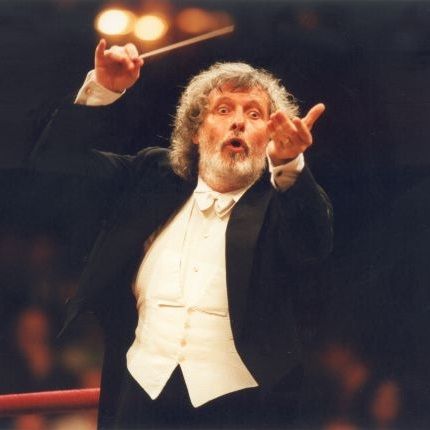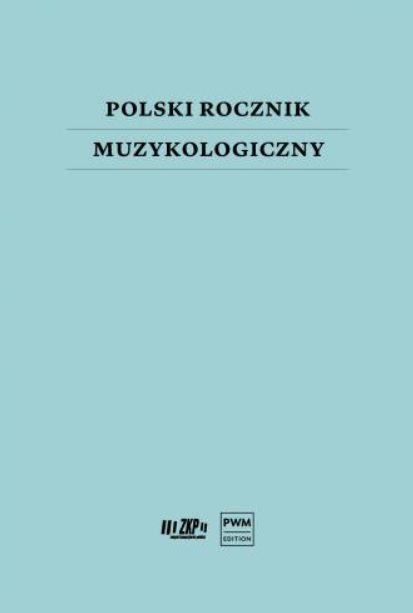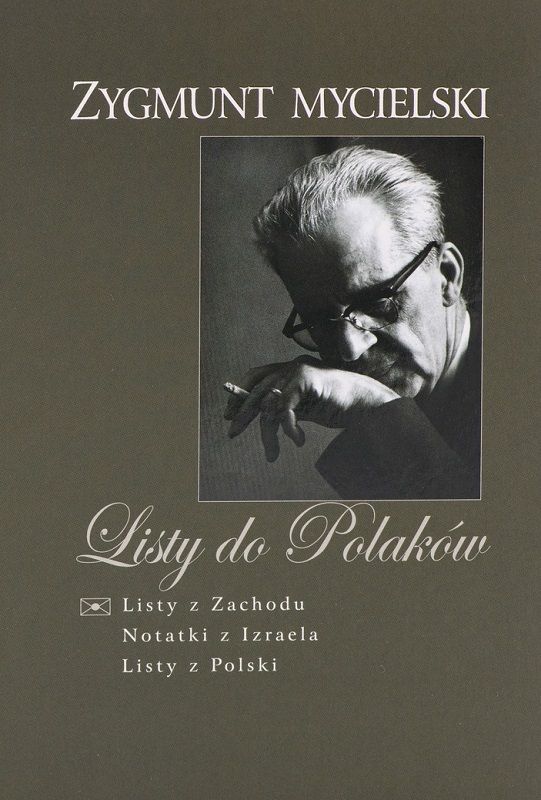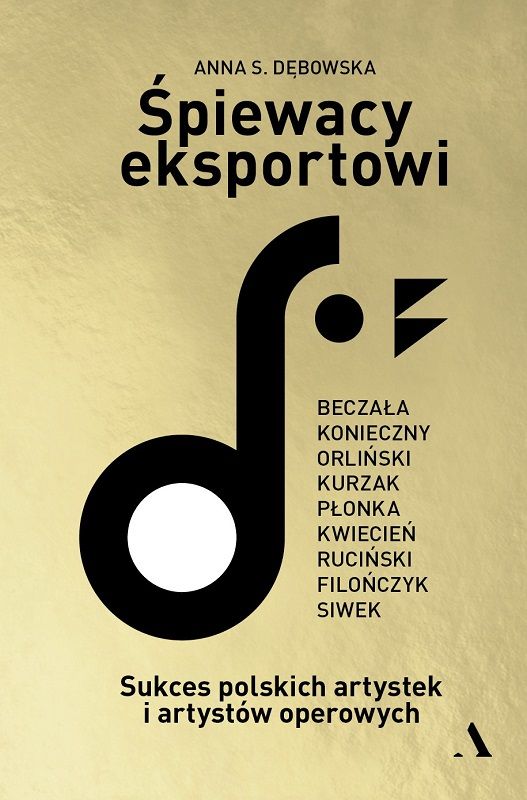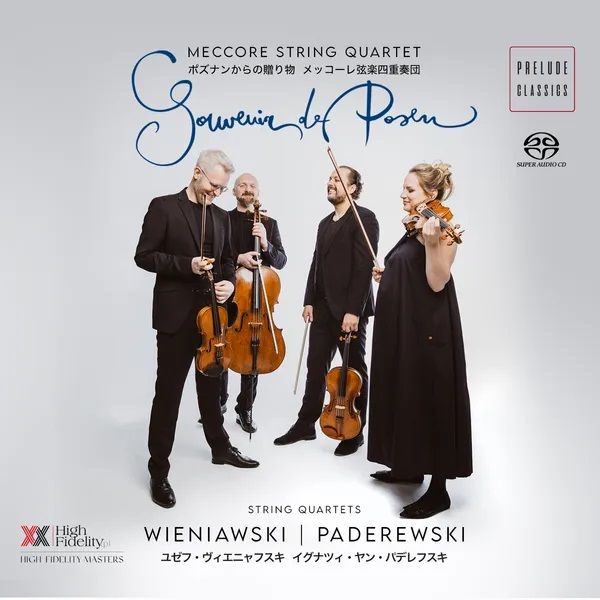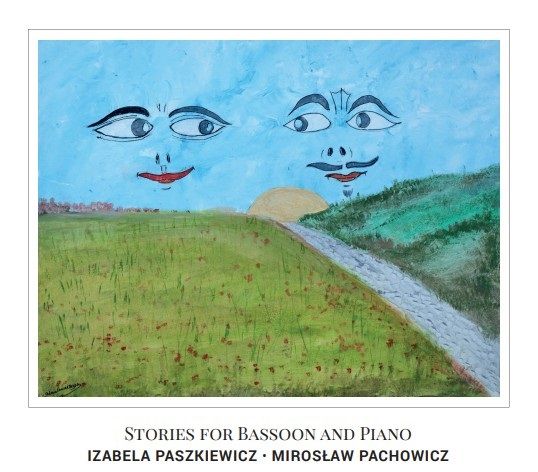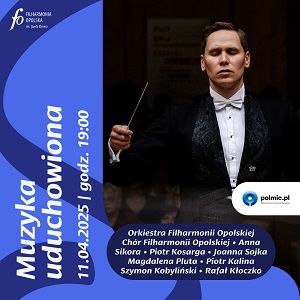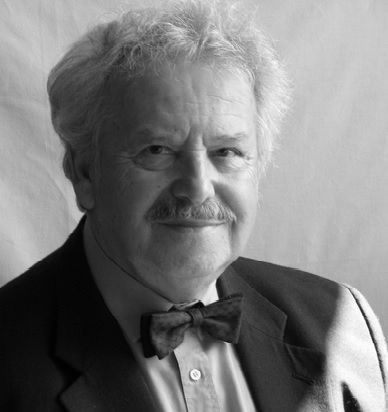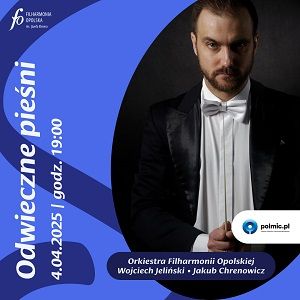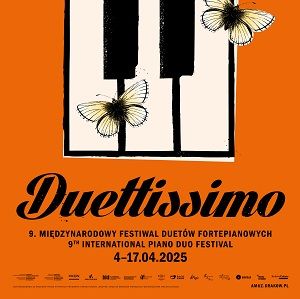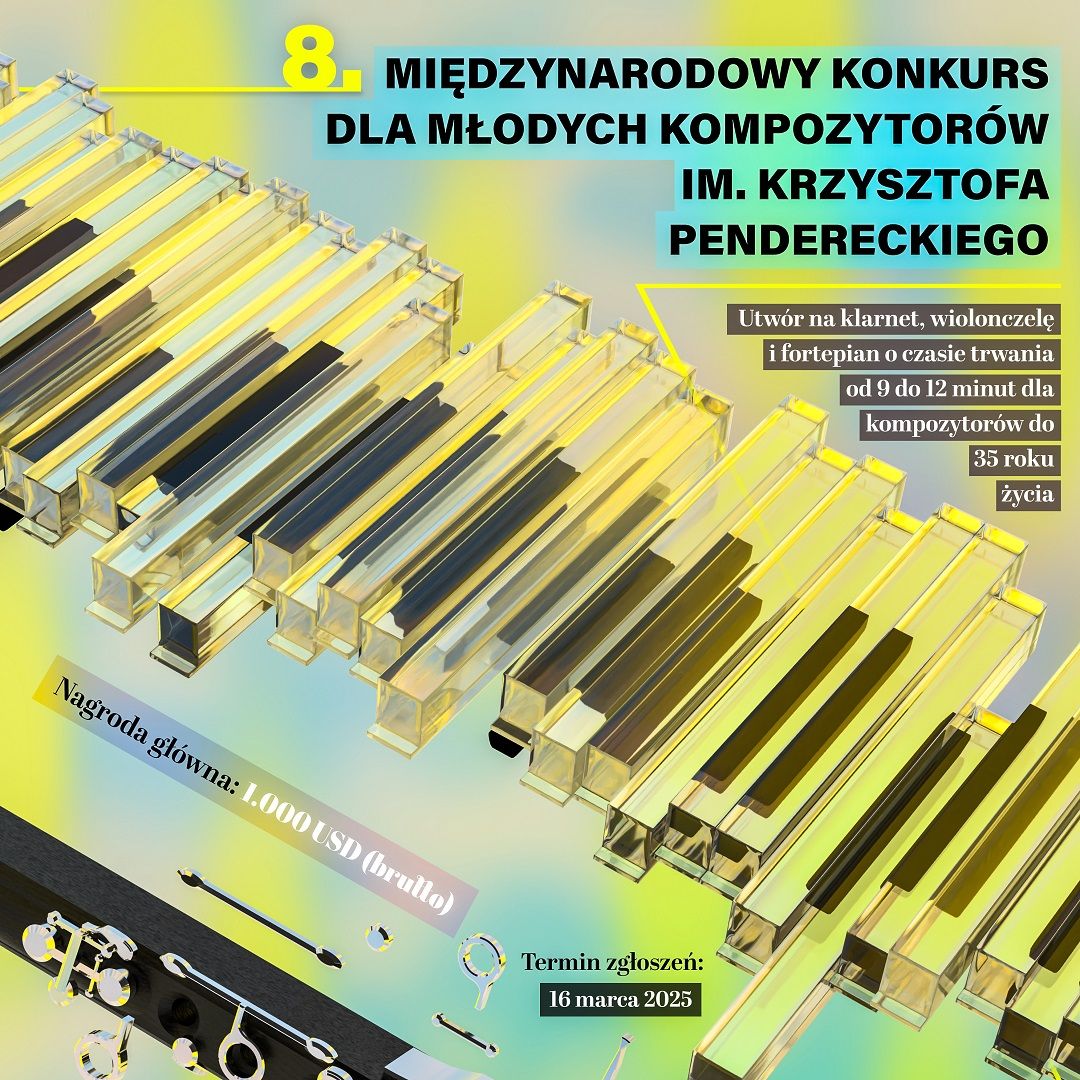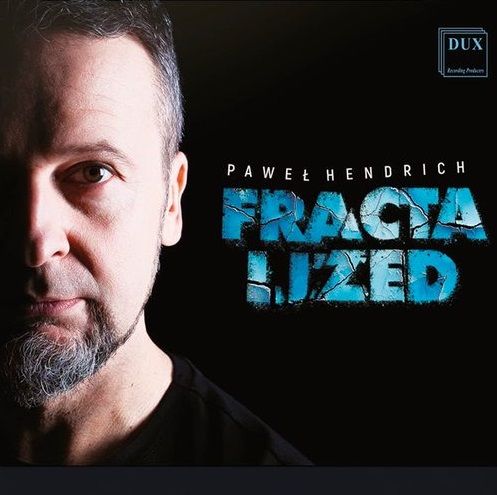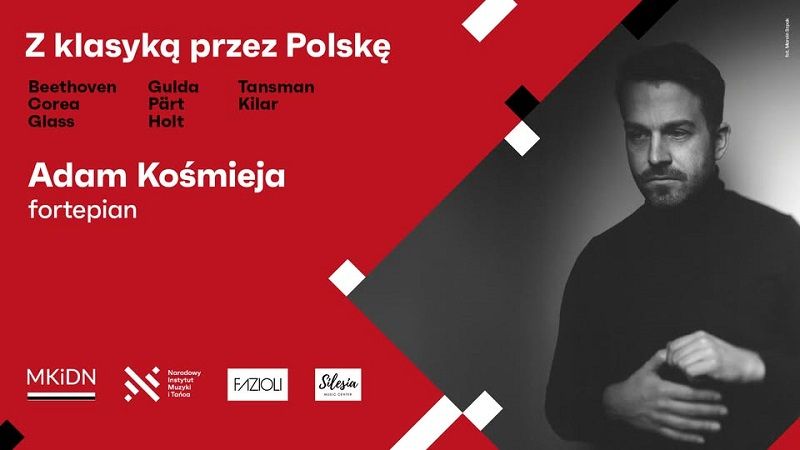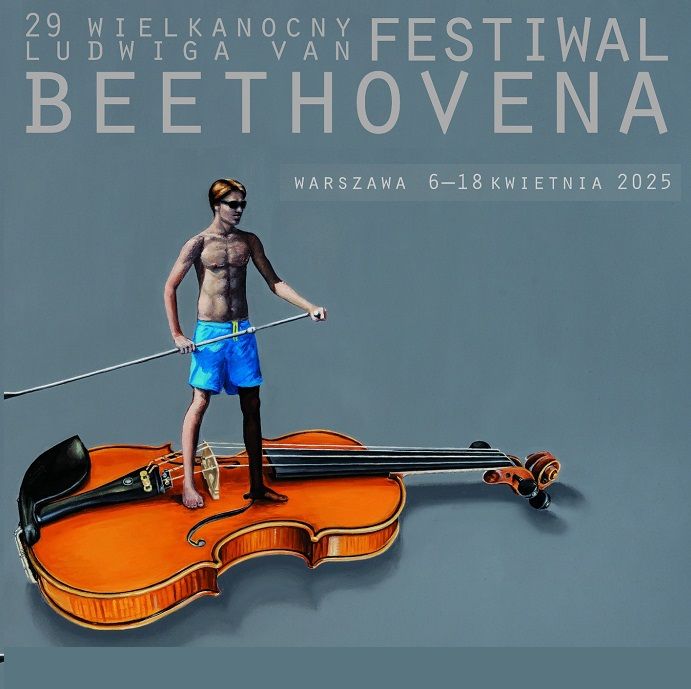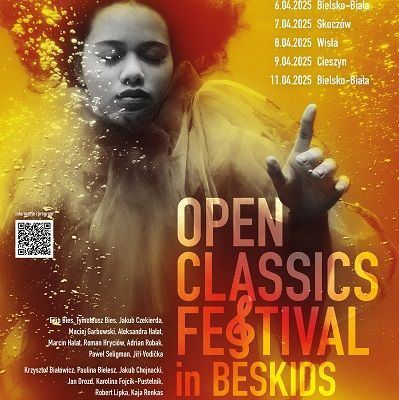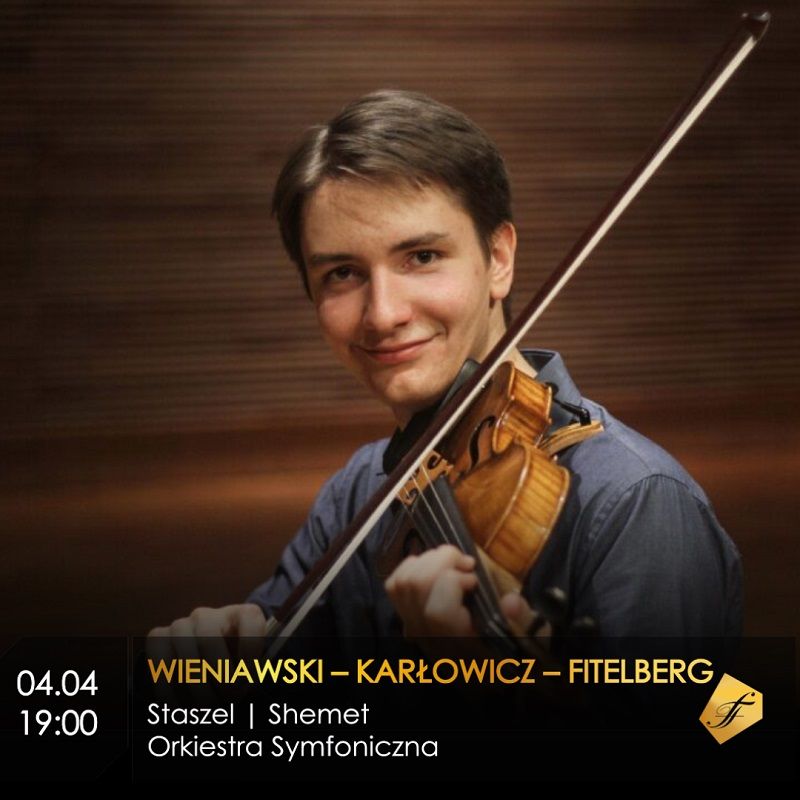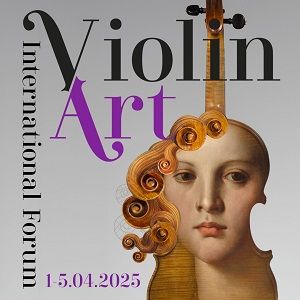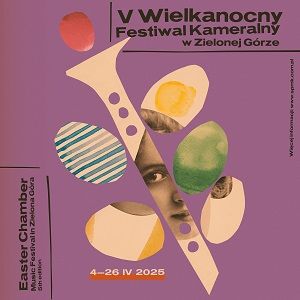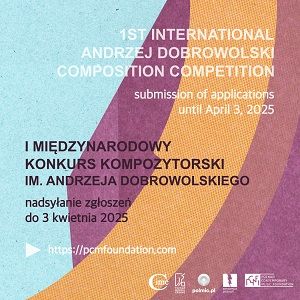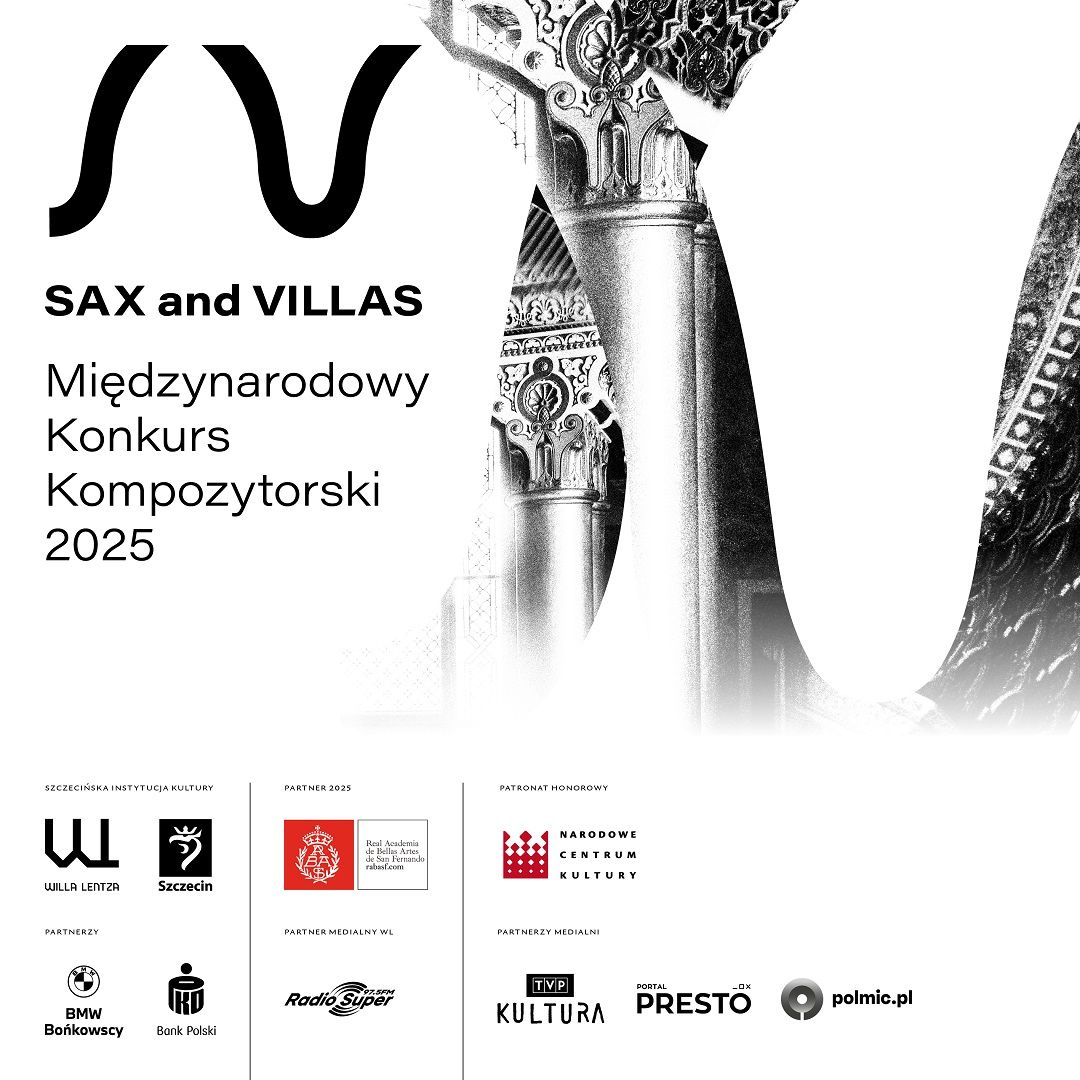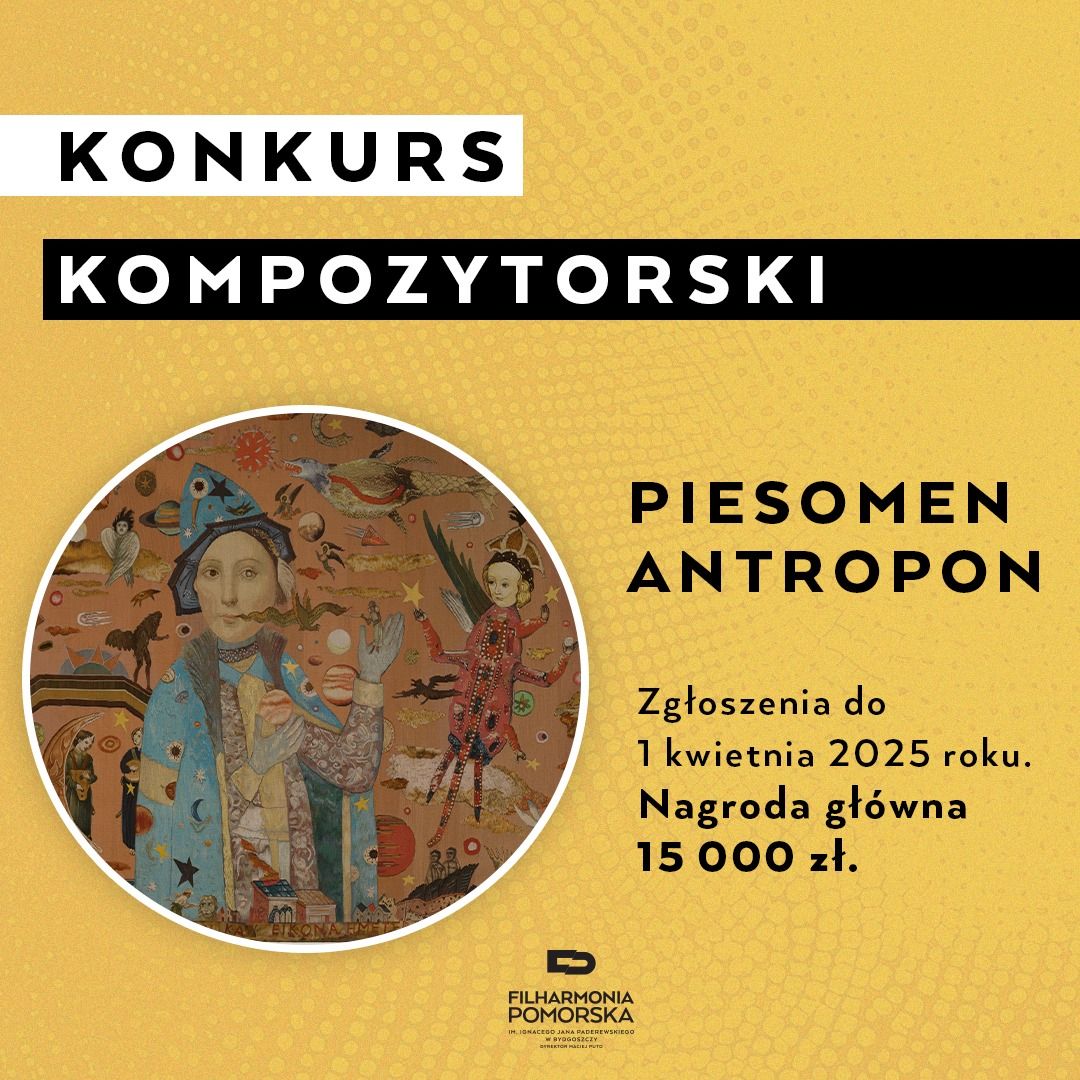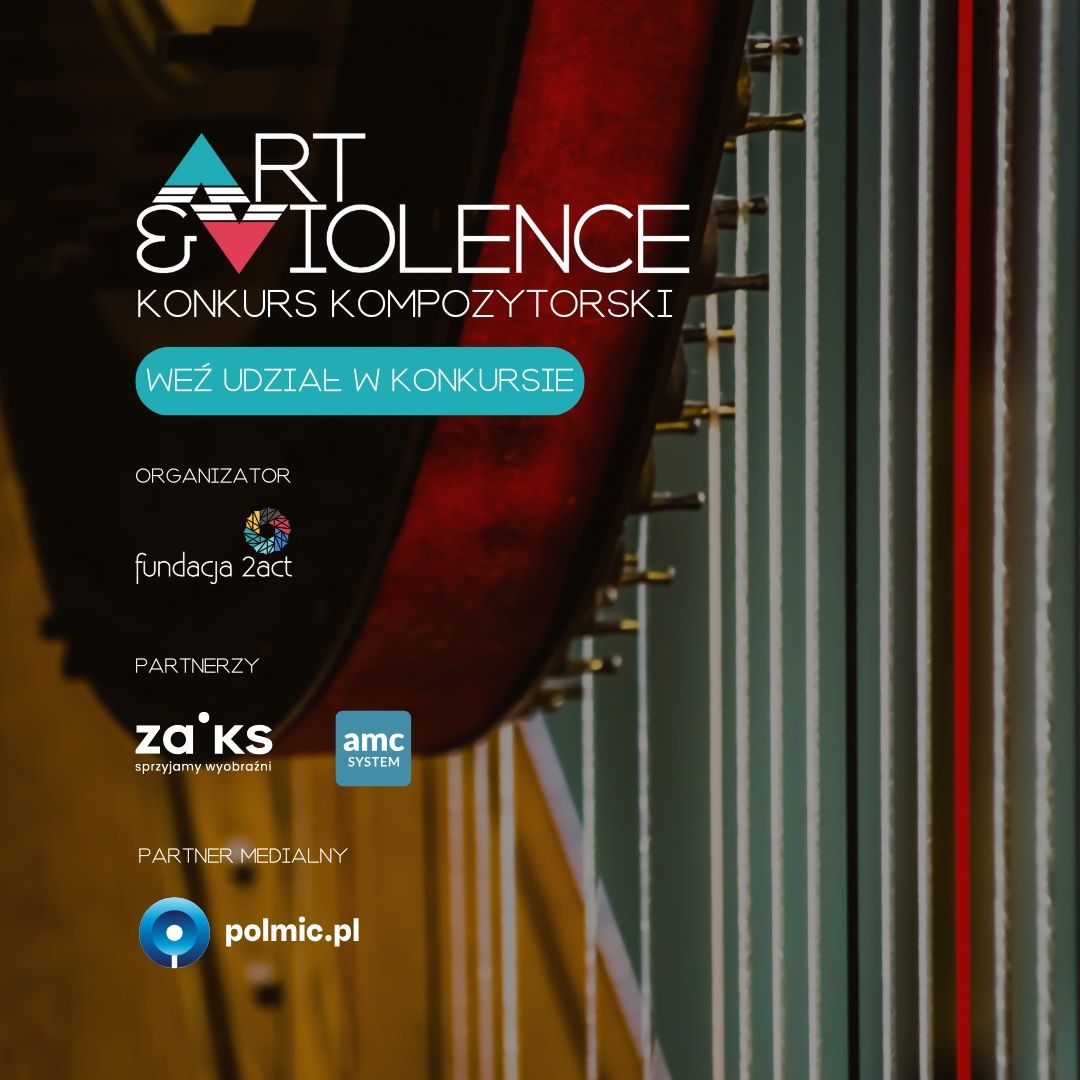Michniewski Wojciech
- Work:
Wojciech Michniewski studied music theory, conducting and composition. Though he never completed his composition studies, he was composing music in earnest. In 1973-76 he worked with the composers Krzysztof Knittel and Elżbieta Sikora in the “KEW” group. It was in that period that he wrote his most famous piece, Whisperetto, awarded the Premio RAI award of the Italian Radio and Television in 1975. Soon, however, he gave up composition. Why? The composer-conductor answered this question as follows:
“First of all, it was the lack of time, but also a result of my lifestyle. Some composers do not need special concentration to write their works. They can sit by the table for two hours a day, and dedicate the rest of the day to all sorts of different occupations, leading an intensive artistic, political or social life. I cannot live in such a way. Whenever I composed music, I had to distance myself from everything, isolate myself from the world in order to get reconciled to myself, to create the inner silence in which I could hear what I wished to say. The duties that I had to accept when my conducting career began to develop did not leave room for such moments. In my life there is constant turmoil and no such silence.” He had to make a choice: “Every choice is sad, none is perfect. I really love what I do and I enjoy it thoroughly, but I also have moment when I yearn to compose something. At the moment such a wish isquite unrealistic. Perhaps later? I think I will compose again one day.”
Contemporary music takes pride of place in Wojciech Michniewski’s conducting life: “I do not avoid that music; quite the cpposite – I eagerly take it up. It intrigues me as an artist, because it calls for intensive and complex work to be properly interpreted. Usually there are no models to fall back on; we perform it for the first time in history, and therefore a proper insight into its musical, stylistic and intellectual content requires, I believe, more imagination than a reference to an already existing style of interpretation of, for example, Beethoven’s works. These are two very different adventures. I can understand well enough those conductors and musicians who do not like and do not want to deal with contemporary music. It really calls for a special attitude. Still I think that handling contemporary music is, in a sense, more creative. It isharder to penetrate to its core and understand the composer’s intention. One can easily be misled by a false aesthetic clue. Besides,contemporary music is harder for performers – both the conductor and the instrumentalist – from the purely technical point of view. It demands a perfect mastery of all the technical means of classical music, enriched by other means to performance. The instrumentalist who wishes to play contemporay music well must make a similar progress to the one that Grotowski once demanded from his actors – master to perfection every technique available, but then reject and forget it and gain absolute freedom in their control of the performing apparatus. The fact that I was a composer makes contact with contemporary music easier to me. I also think that a conductor who never put his own notes on paper is at a disadvantage. In my time, every student of conducting had to compose a little; even if it was only orchestration, they had to write a number of notes – very enlightening.”
Wojciech Michniewski does not limit himself to contemporary music, though. “No, definitely not. I have almost all sorts of music in my repertoire, except for the early Baroque – Monteverdi or Bach; I also sometimes have some doubts about playing the early Classical works. This music ought to be interpreted in agreement with the style of performance proper to the period, which must be preceded by specialised studies. Today, it is music for specialised ensembles which have permanent conductors, and playing this music the way we did it years ago has become obnoxious. That is why I only rarely decide to play any Baroque music.” (quoted after “Studio” magazine, 1997 no. 9) - Works:
Study for a set of percussion instruments and one performer (1972)
Cadenza for solo violin (1972)
Three Songs to My Sister’s Words for soprano and piano (1972)
Intermezzo for soprano and chamber orchestra (1973)
Whisperetto for 2 sopranos, 2 mezzo-sopranos, 2 altos and a body-builder (1973)
My Lyrical Constructions for instrumental ensemble (1974)
Little Variations on a Theme from Mozart for clarinet, trombone, cello, piano and electronics (1974)
Litany for flute, harp and electronics (1974)
Kompozycje kolektywne Grupy KEW (z Elżbietą Sikorą i Krzysztofem Knittlem):
Drugi poemat tajemny na syntezatory, skrzypce i elektronikę (1974)
W Tatrach na taśmę (1975)
Strefy przylegania na taśmę (1976)
Michniewski / Gounod: Wedding Tango for Kasia and Koreczek for voices, string quartet and a harmonium (2000)
- Source literature:
Neuer Adam, Michniewski Wojciech, In: Encyklopedia Muzyczna PWM (część biograficzna pod red. Elżbiety Dziębowskiej), t. „m” [PWM Music Encyclopaedia, biographical part ed. by Elżbieta Dziębowska], vol. “M”, PWM, Kraków 2000
Mówi Wojciech Michniewski, "Ruch Muzyczny" 2007 nr 11, s.5
- Professional category: composer, performer








